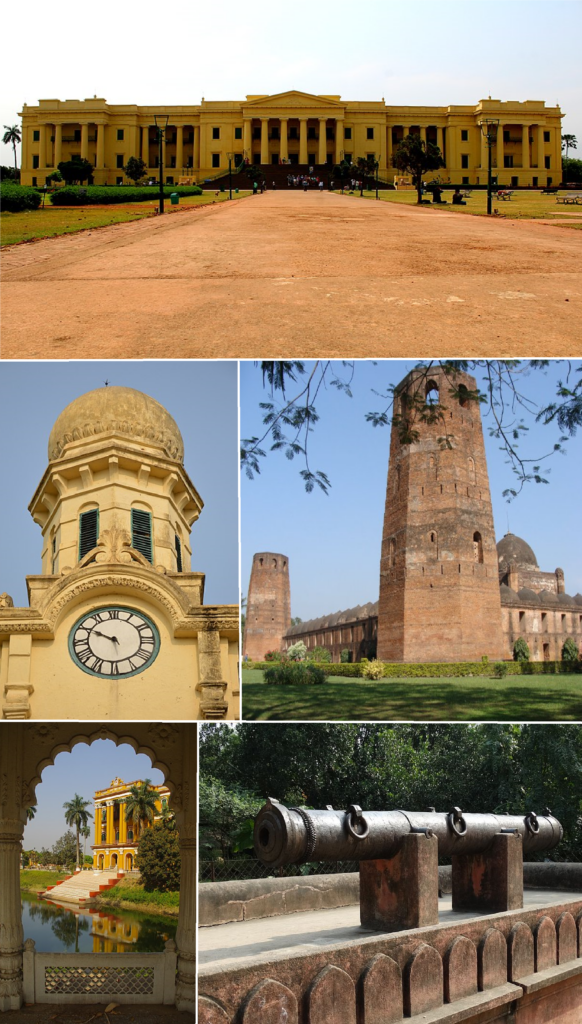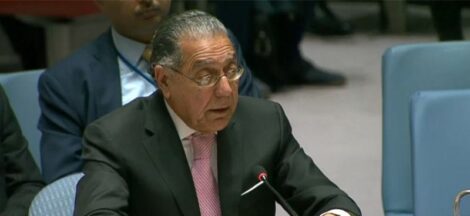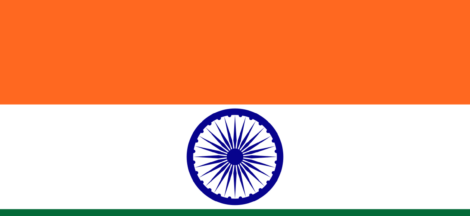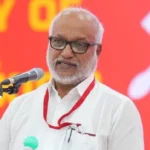Nearly 300 families who fled Murshidabad’s riot-hit areas have returned to their homes after a week-long stay in a school shelter in Baishnabnagar, Malda. The group of 293 families had sought refuge after violence broke out in Jafrabad, a key location in the district, following protests against the Centre’s new Waqf law.
The violence, which claimed the lives of at least three individuals, including Horogobindo Das and his son Chandan, who were brutally dragged from their home and killed by a mob, has left the region in turmoil. The tragic incident occurred during a period of heightened tension as protests against the Centre’s Waqf law spiralled into violence, with protesters clashing with security forces.
For the affected families, the decision to return was driven by both necessity and hope for stability. After a week of uncertainty in makeshift shelters, many expressed a desire to rebuild their lives in their hometowns, despite the fear that the violence may flare up again. This “reverse migration,” as it has been termed, occurred under the watchful eye of the state’s ruling Trinamool Congress party, which sent a delegation to meet the bereaved families.
On Sunday, the TMC delegation visited the family of Horogobindo Das and his son Chandan, offering condolences and support. The visit, however, came eight days after the horrific killings that shocked the community. The attack on the father and son in Jafrabad, a neighbourhood now synonymous with the deadly clashes, was seen as a pivotal moment in the escalation of violence.
Witnesses reported that the mob, allegedly angered by the ongoing protests against the Waqf law, stormed the home of the two victims. Their deaths, along with that of another individual who was reportedly killed by police gunfire during the protests, have sparked widespread outrage. The victims’ families and local community leaders have demanded justice, accusing local authorities of being slow to respond to the violence.
The Waqf law, which pertains to the management of properties under the control of Islamic charitable trusts, has been at the centre of the protests. Critics argue that the law unfairly targets certain communities, while the government defends it as a necessary legal reform. The protests, which began in other parts of the country, found a violent outlet in Murshidabad, where long-standing communal tensions were exacerbated by political and religious grievances.
The state police, which had been deployed in large numbers to restore order, faced criticism for their handling of the situation. Residents and local leaders accused the police of using excessive force, especially in dealing with protesters who had taken to the streets in the aftermath of the violence. The alleged firing by security forces, which led to the death of a third individual, has further inflamed public sentiment, with calls for an independent investigation into the police’s actions.
As the families returned to their homes, many expressed mixed emotions. While the majority were relieved to return to their own land, there was an underlying sense of anxiety about the future. “We are going back because we have no other place to go, but we are scared that the violence could erupt again,” said one resident, who was part of the group that left for Malda.
Local authorities in Murshidabad have pledged to ensure the safety of the returning families. The district administration has assured that additional security measures are being put in place to prevent further violence. However, there is a palpable sense of distrust among the locals, many of whom feel that the authorities have failed to protect them during the initial outbreak of violence.
The TMC delegation, led by senior party officials, has been active in meeting with families affected by the violence. During their visit to the Das family, they offered assistance and promised to ensure that justice would be served. However, critics argue that the visit is a delayed response to a crisis that has left scars on the community. “The government’s response has been too little, too late. These families have been left to suffer for far too long,” said a local opposition leader.
The situation in Murshidabad remains tense, with several other districts in West Bengal also reporting instances of communal unrest. While the immediate violence may have subsided, the underlying issues of political and religious divisions remain unresolved. The state’s handling of the violence will likely play a crucial role in shaping the political landscape in the coming months, as tensions between various communities and the state government continue to simmer.




 CPM to Strengthen Alliance with Congress in Election Push
CPM to Strengthen Alliance with Congress in Election Push 